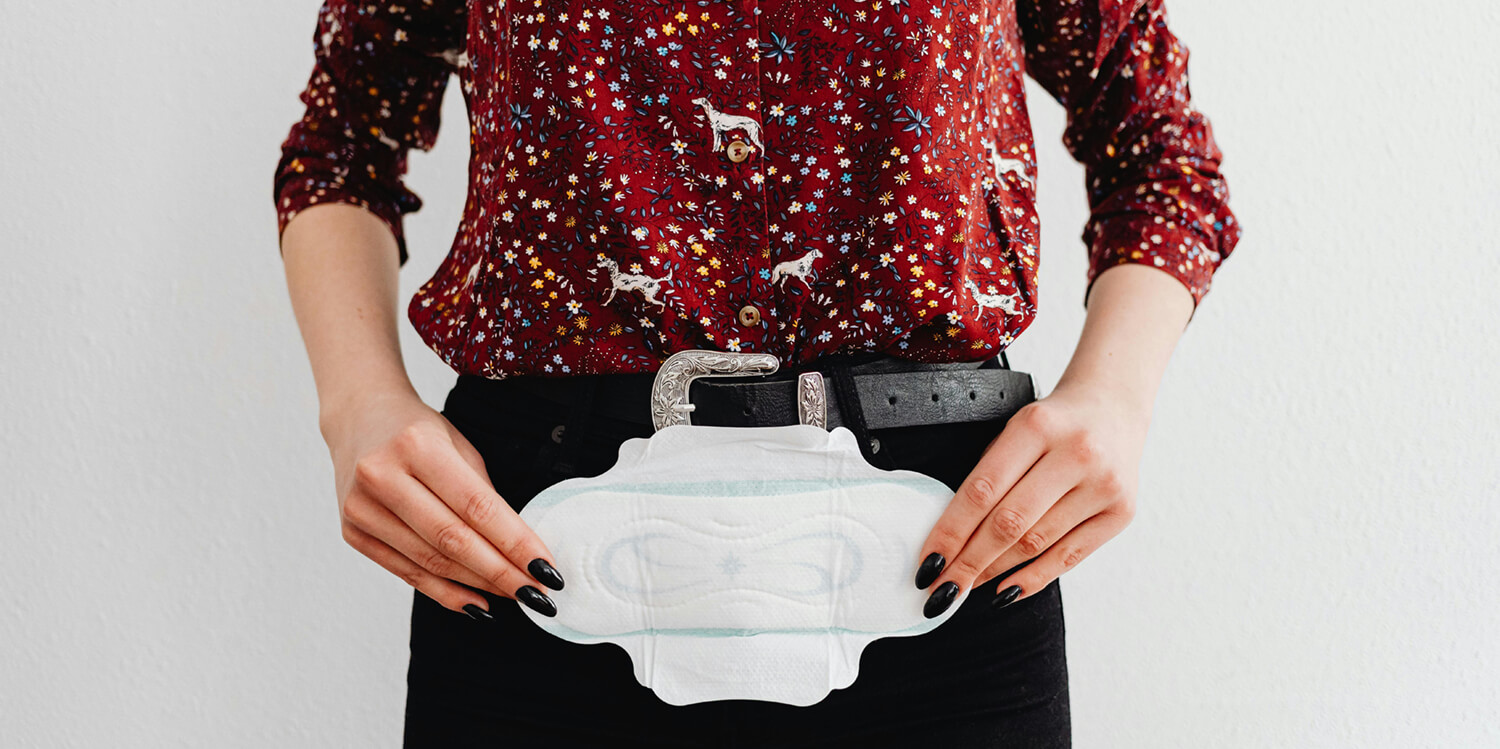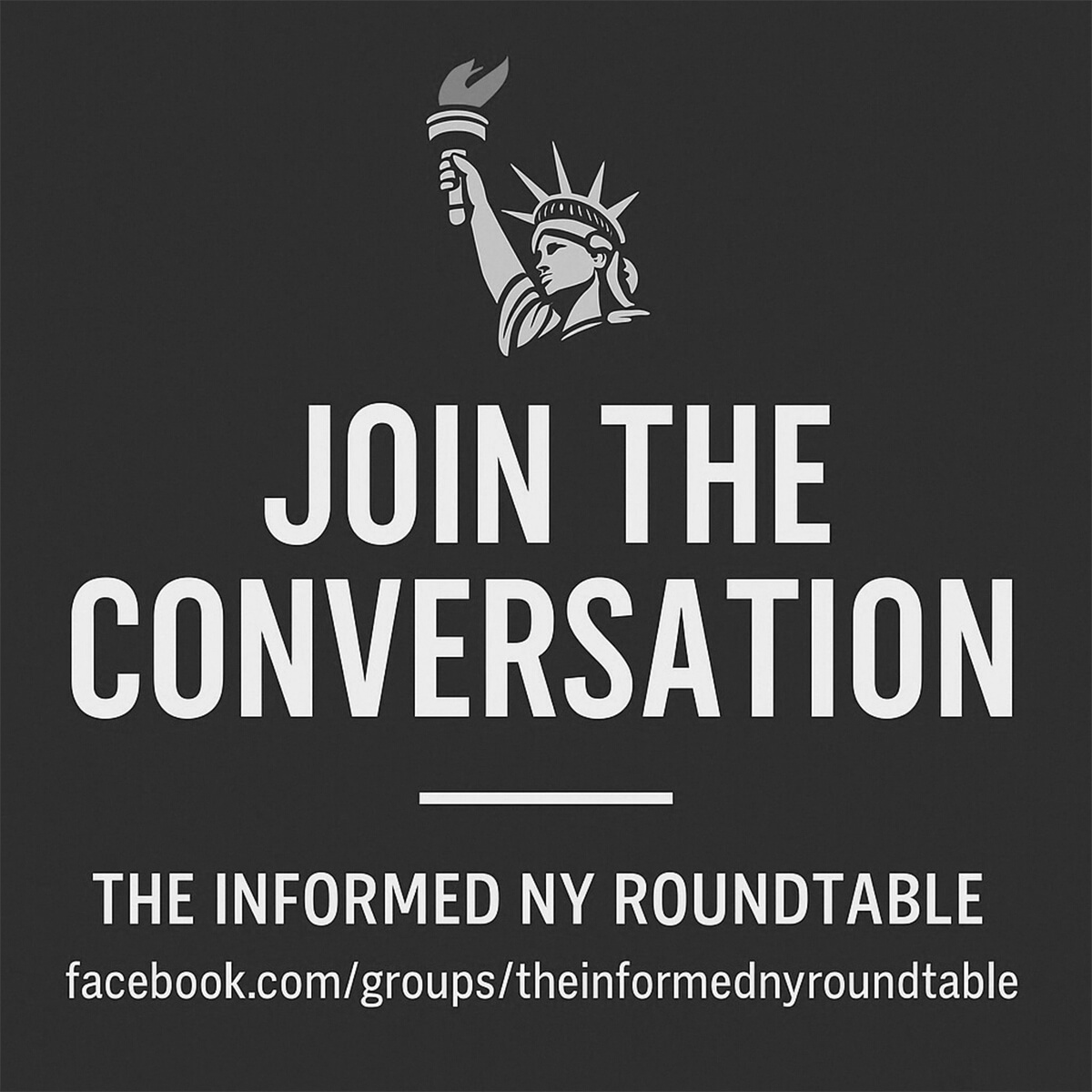
Women are not science experiments bill
New York just made history, again, by becoming one of the first states in the country to say “enough” when it comes to toxic chemicals in menstrual products. A new bill passed by the State Assembly officially bans the use of PFAS, lead, mercury, synthetic fragrance, dyes, and other harmful substances in pads and tampons.
Yes, that means your period products will finally be held to a safer standard. And honestly, it’s about time.
The average person who menstruates will use or insert between ten and sixteen thousand pads and tampons in their lifetime. That’s a lot of contact with products that, until now, haven’t even been fully regulated for safety by the federal government. A jaw-dropping study from Columbia University and the University of Michigan found that 14 popular menstrual brands contained at least 16 different metals. That includes known toxins like lead and mercury, which no one should ever have to worry about in something so personal and essential.
PFAS chemicals, also called “forever chemicals” because they don’t break down have been linked to a terrifying list of health concerns, including cancer, hormone disruption, and fertility issues. Research from major universities has shown that women with higher PFAS levels in their bodies were more likely to develop breast, ovarian, skin, and uterine cancers. With no FDA oversight in place, manufacturers have been operating with near-complete freedom when it comes to what they put in your period products. That era ends now.
This new law makes New York the leader in flipping the script on toxic products and puts the responsibility on manufacturers, not consumers, to ensure safety. No more trying to decode labels or hunt for “clean” products in confusing aisles. It levels the playing field so everyone, regardless of income, awareness, or access, gets safer products.
The move has been backed by an inspiring coalition of environmental justice groups, public health advocates, cancer awareness organizations, and everyday people who are simply tired of being the test subjects for unchecked chemical use.
From beauty products to cleaning supplies, the conversation about harmful ingredients has been growing louder.

